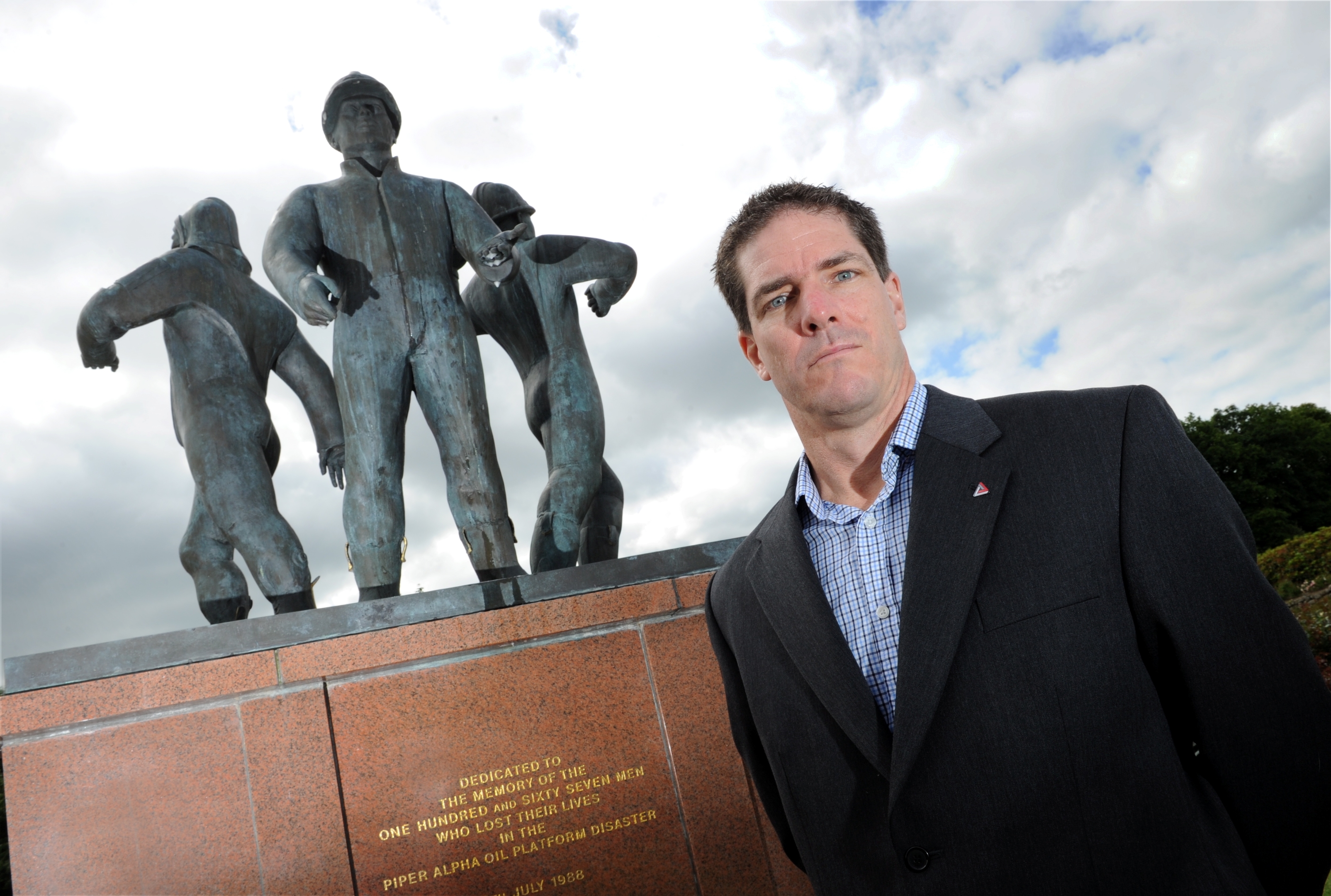With this weekend marking the 26th anniversary of the Piper Alpha disaster, Jamieson Amott, project coordinator of Step Change in Safety, explains why the learning outcomes from the North Sea tragedy are as important today as they have ever been
It may have happened thousands of miles away, but I can distinctly remember Piper Alpha.
I was in my final year of high school in Melbourne, and couldn’t believe that a whole platform could be wiped out in just a few hours, with so few workers being able to get to safety.
I can recall an awful feeling of sadness for the lives lost and the families broken – one which I still feel today when someone loses their life in the workplace.
I wasn’t the only Australian to feel that way. Piper Alpha sent shockwaves that rippled throughout Australia, as we learned about how we must strive to make workers safe.
Last year, I had the privilege of attending the Piper25 conference. When my Australian colleagues heard I was attending, they organised a wreath to be laid in Hazlehead Park.
Visiting the memorial was an emotional experience, but is also a source of motivation to continue to work to make our industry safer.
Now, working for Step Change in Safety, it is a privilege to be part of a unique organisation that is solely dedicated to safety and includes every aspect of the industry.
The fatal explosion at the Esso Longford gas plant in Victoria in 1998 brought the need for safety home again, and the safety case methodology has since been adopted both on and offshore in Australia. It underpins the objective-based Offshore Petroleum and Greenhouse Gas Storage (Safety) Regulations 2009, under which all Australian offshore facilities now operate.
This development is extremely positive, but could not have come about had Australia not learned and adopted lessons from the other side of the globe.
At Step Change in Safety we place a huge emphasis on the need for collaboration between companies, organisations and sectors. But safety is not a competition; the safest and the most unsafe.
Our collaboration has to span countries and continents. While each oil province is different and has its own distinct challenges, the incidents that happen in one oil province can happen in another. This is why we must learn the lessons that others have had to.
While working in Australia, I saw first-hand how the industry there looks to the UK as an example of best practice, workforce engagement and clear leadership. The Step Change in Safety model is becoming widely known in the oil and gas industry in Australia, and leaders are keen to replicate it in part or in its entirety. This should encourage the UK oil and gas industry to share more with others, so that they too can be safe.
But learning lessons and sharing knowledge has to be a two-way thing. We can share so that others learn, but we have to be open to other countries teaching us a lesson or two. There are experiences that other provinces have had that we, in the UK, can and must learn if we want our colleagues, friends and family to be safe.
This weekend marks the 26th anniversary of Piper Alpha. For many, the date brings back feelings of loss, hurt, confusion and disappointment. No loss of life is ever acceptable in this industry – whether it’s on a platform in the North Sea, or in a gas plant in Australia. Every province will experience challenges, which is why we should be collaborating and sharing now.
If we can come together as a global industry, we will be resilient as a global industry. Piper Alpha is a reminder that we must all work together and play our part – regardless of country – so that we never turn our backs on safety.
